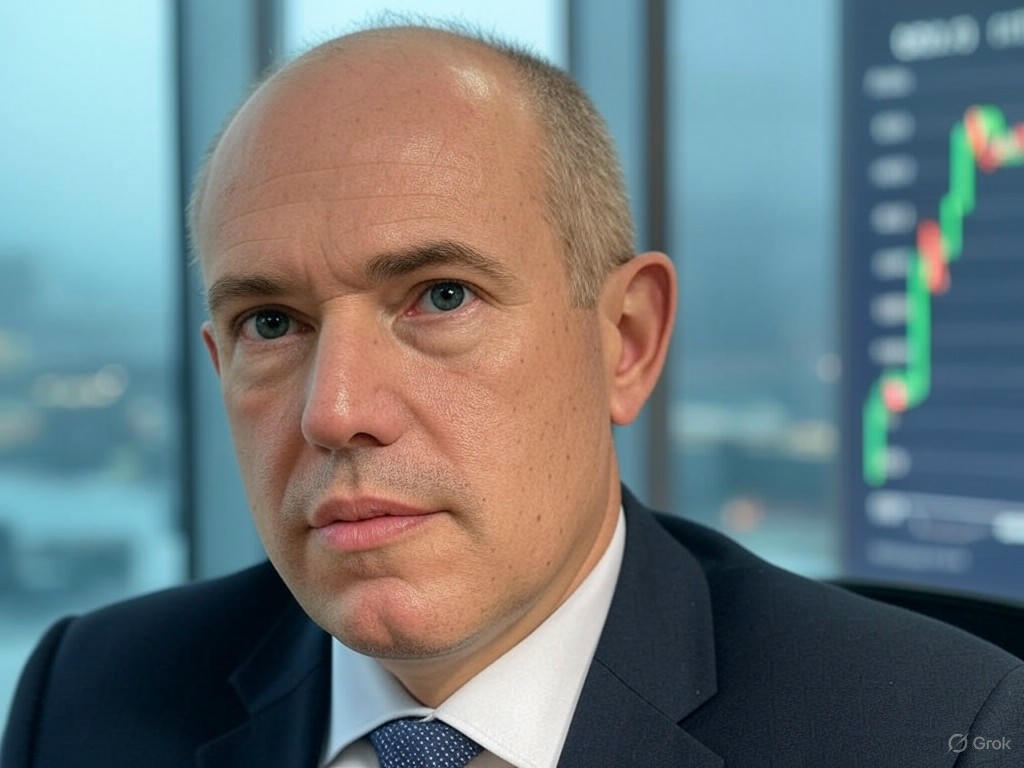Bitcoin Bounces Back: Markets Downplay Iran Tensions
In a surprising turn of events, Bitcoin has surged past the $100,000 mark once again, recovering from a brief dip amid geopolitical unrest. The cryptocurrency’s rebound comes as global financial markets appear to brush off recent U.S. military actions targeting Iran, signaling a collective belief that the conflict may be short-lived. Investors, who initially reacted with caution to the news of strikes, seem to be regaining confidence as the situation unfolds without immediate escalation.
The latest spike in Bitcoin’s value reflects a broader trend of resilience in the crypto market, even in the face of international uncertainty. Unlike traditional assets that often falter during geopolitical crises, Bitcoin has increasingly positioned itself as a safe haven for some investors. This perception is fueled by its decentralized nature, which offers an alternative to conventional financial systems tied to national policies and conflicts. While oil prices and equity markets have shown minimal reaction to the U.S.-Iran developments, staying largely stable, the crypto space tells a different story of volatility and rapid recovery.
Analysts suggest that the market’s muted response to the strikes indicates a belief that the situation will not spiral into a prolonged confrontation. Major stock indices have held steady, and crude oil prices, often a barometer for Middle Eastern tensions, have not seen the dramatic spikes typically associated with such events. This calm has indirectly bolstered Bitcoin, as investors who might have turned to gold or other traditional hedges are instead exploring digital assets. Furthermore, the narrative of Bitcoin as ‘digital gold’ continues to gain traction, especially among younger investors who view it as a modern store of value during uncertain times.
However, not everyone is convinced that the current stability will last. Some market watchers warn that any unexpected escalation between the U.S. and Iran could still rattle investors, potentially impacting Bitcoin’s newfound momentum. They point to the cryptocurrency’s history of sharp fluctuations during global crises as a reminder of its inherent risks. Yet, for now, the sentiment leans toward optimism, with trading volumes on major crypto exchanges showing a steady influx of buyers betting on Bitcoin’s continued rise.
As the world watches the geopolitical landscape for further developments, Bitcoin’s latest rally serves as a testament to its growing role in the financial ecosystem. Whether this upward trend will hold remains to be seen, but one thing is clear: the cryptocurrency market is no longer just a niche interest. It’s a dynamic player in the global economy, reacting to—and sometimes defying—the same forces that shape traditional markets. For investors, the key takeaway might be to stay vigilant, as both geopolitical events and digital currencies like Bitcoin continue to evolve in unpredictable ways.


